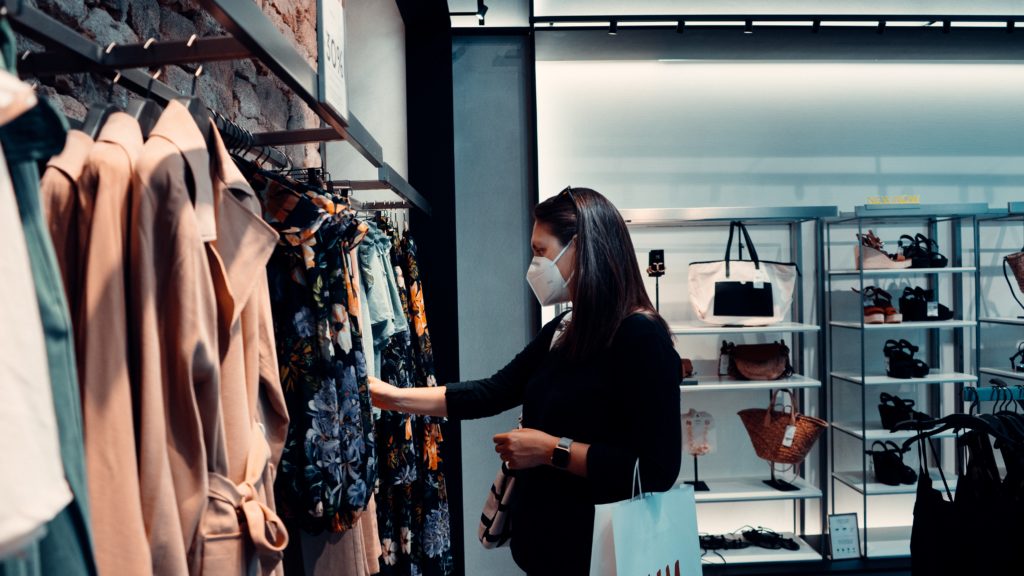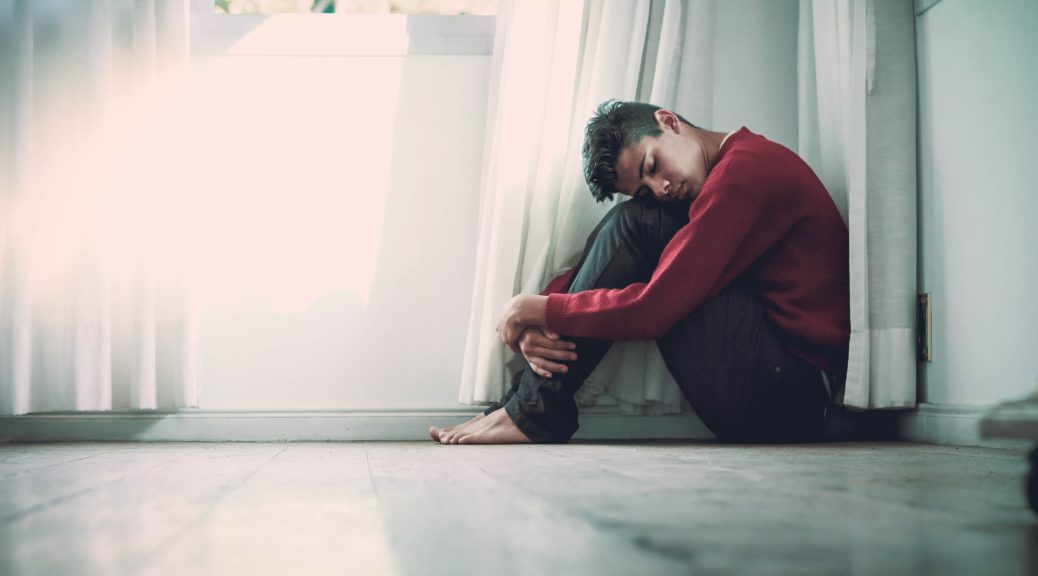Richard Petrosyan
[4 minute read]
Edited by Natalie Grace Sipula
Note: This article is the fruit of my analysis and my analysis only. By no means do I wish to come off as an authority on these matters, but rather as a blog writer attempting to spark debate on relevant life experiences.
How often in the last few months did you see people panicking, washing their hands frantically, cleaning surfaces of things that don’t even belong to them, yelling that the end of the world is near, or preparing as though we were under nuclear attack? To some of us, these are precautions. To others, these are scripts for a comedic movie. Panic has posed itself as one of the major psychological refuges of Americans (and quite a few people in other countries, as well) in the face of the novel coronavirus (COVID-19) pandemic. Here, I will seek to understand what exactly panic is and how we can alleviate this inherently adverse aspect of human psychology.
I define panic as the psychological and physical state of a living being that is based on the fear of an external entity or occurrence as a perceived threat to your interests, or in more extreme cases, to your own life. Accordingly, I define panic as the counter-reaction to lack of stability: we humans prefer planning and expecting the future; we like to know what lies ahead and take steps to succeed in our endeavors accordingly. Having this life stability reassures us. In some cases, we prefer things not to change whatsoever: this is what I call “love for the status quo.” However, as the saying goes, nothing in the universe is eternal except change. This means that, at any point in space and time, there is a nearly 100% certainty that some unforeseen element will disturb the established order of things. When people see that image of stability evaporate, their safety net erodes, and fear secures its nest in their minds. We begin taking precautions, avoid doing anything risky, close doors literally and figuratively, think about dangers and potential solutions frantically, sweat all the time, etc. I would argue this to be a tendency to protect oneself as an individual.

Where do these tendencies come from? I’d simply say: evolution. Since the dawn of time, when we perceived a threat to our survival (or that of our loved ones), we adapted by entering into a state of excitement and anxiety in order to acknowledge and combat the danger. However, the ways we protect ourselves have evolved over time, simultaneously with the nature of the threats. Prehistoric men didn’t fear that they’d get a bad grade and wouldn’t get into a good grad school just like we don’t fear now that we will be eaten by animals or other humans.
I will now apply this human instinct to the coronavirus pandemic. In the last few months, people have feared touching each other or approaching each other too closely. On national scales, some of them have even staunchly advocated for stay-at-home orders, border closing, furloughs from work, online classes, and so on. Governments have issued guidelines that push people away from each other (more famously referred to as social distancing guidelines) to avoid the threat of contamination by the virus. It appears that, in the fight or flight response associated with panic, most humans are choosing “flight.” To be fair, it’s a bit difficult to physically fight a microorganism. However, according to our more civilized way of fighting, the “fight” part against the microbe was taken up by scientists attempting to find cures as well as vaccines against the virus.
There is much ado -is it about nothing? That’s a matter of opinion. But how did panic even occur in the first place? The first answer that comes to my mind is media coverage. Journalism is a very powerful tool, in that news outlets are often used by people as a connection to the world at large. So, whatever people read, they believe. And the media certainly spreads alarming information. How much of it is fake news? I won’t delve into that question, but I’d keep in mind that this is a question worth asking. On the positive end, the spread of panic alarmed people to protect vulnerable populations. On the negative end, it shut down the world’s most powerful economies and altered our lifestyles significantly, and some may argue unnecessarily.

Could we have avoided this panic? I would say most definitely. When you want to change the social order on a large scale, or even the mentality of one person at a small scale, you have to work at it progressively, NOT abruptly. If I unloaded tons of information, some true, some false, some hybrids on 350 million people, many lack critical thinking and will become nervously agitated because they cannot sort out truth from falsehoods. If I need people to take my words seriously and execute the actions I suggest diligently (which only happens when NOT in panic), it is preferable to convey the information in a moderate and thoughtful way.
As for you, a private citizen, I would recommend avoiding believing everything the media says. I’d advise gathering opposite viewpoints, synthesizing them with your critical thinking, and only then forming an opinion. It is your responsibility to be careful when a danger is present (e.g. you should not ignore the coronavirus), but also to educate yourself as to what measures go too far (e.g you should not be rude or vulgar toward a person who comes closer than 10-20 feet and treat them like they are a walking infection – there is a courteous way to let them know). The final suggestion (best for last) is what is informally referred to as “getting a life.” In other words, when you occupy yourself somehow, not only do you become productive by doing something useful for your benefit or progress, but you also take your mind off of the things surrounding you. The absence of boredom is a key antidote to alleviating mental or physical pain, including anxiety and panic.
In conclusion, the takeaway message that I intend to transmit is that we should all remember that fear breeds ineffectiveness and vulnerability. Yes, fear is a human instinct. Yes, fighting against our primal instincts is one of the hardest things to do, but fighting against human nature is the definition of civilization. Inform yourself in order to remain in control of your life.
Featured Image by Fernando @cferdo on Unsplash
Richard is a rising junior majoring in Neuroscience and minoring in Health Care Studies. Growing up in France and arriving to the United States in his early teen years, he understands very well the hardships of immersing yourself in a new culture with a new language and new customs. He interacted with multiple immigrant communities both in the US and in France and developed efficient methods of discovering new cultures comprehensively. In his free time, he enjoys playing the piano, working out, learning new languages, and reading books. He is eager to meet you and share his experiences!

